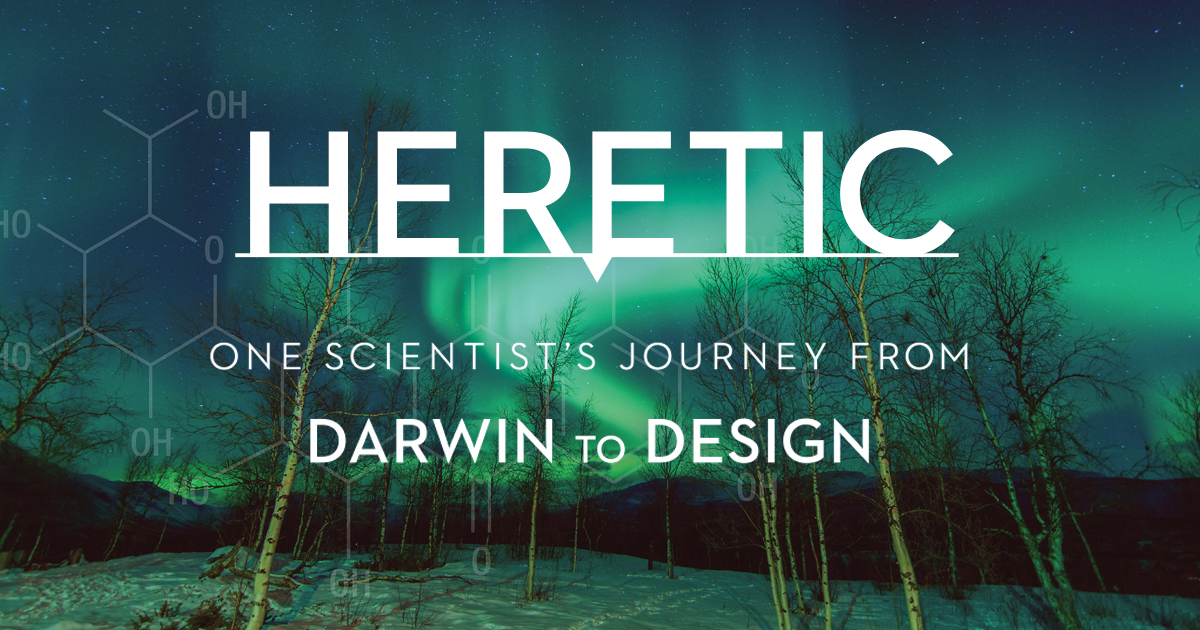 Evolution
Evolution
 Intelligent Design
Intelligent Design
Stockholm University’s Ola Hössjer Reviews Heretic

Here is a gratifying response from Ola Hössjer, Professor of Mathematical Statistics at Stockholm University, to the new book Heretic: One Scientist’s Journey from Darwin to Design. Dr. Hössjer writes:
In Heretic, Matti Leisola and Jonathan Witt tell the fascinating life story of Leisola, a well known professor of bioengineering and former research director of an international biotech company. The book describes in an informed yet personal way how Leisola early on in his scientific career started to doubt the theories of chemical and Darwinian evolution.
These theories are taught as well established truths throughout European and American universities. They hold that life originated and diversified through purely blind and random mechanisms. But Leisola had the courage and persistence to do what every scientist is supposed to — he carefully followed the evidence and let all possible explanations compete on an equal footing.
The book can actually be read in parallel at three different levels. First, it gives a personal account of Leisola’s own scientific life journey, starting as a supporter of Darwinian evolution, then gradually increasing his skepticism towards the theory and finally becoming an advocate of intelligent design.
Second, the book unfolds the dramatic revolution in genomics and molecular biology that took place during the last forty years. Leisola explains with great expertise, and from his own working experience as a researcher, that the power of mutations, natural selection, and other blind mechanisms is very limited — they can only modify existing structures in modest ways. He argues convincingly that all such materialistic processes have failed to account for the great diversity we see in life. In particular, they cannot explain how information expressed in irreducibly complex structures arose in the first place. It has rather become increasingly clear that an intelligent mind is needed in order to account for the diversity of life.
Third, the book gives many examples of how the resistance towards a design explanation has increased over the years, against the direction of the data itself. This animosity towards intelligent design is seen not only within the scientific community, but increasingly within the church as well.
After reading Leisola and Witt’s book, it is clear that a paradigm shift is needed in order to explain the origin and diversity of life, from chemical and Darwinian evolution towards a design explanation. This raises the question of whether the research community is willing to follow the evidence and allow such a shift to take place. If not, there is a great risk that the judgement of future generations will be hard. However, such a change will not come easily, since ultimately our worldview is at stake.
Should materialism be enforced, or are we, as scientists, willing to allow an intelligent designer through the door?
Well, that is a question we wonder about all the time, isn’t it. Arguably, it is the question for the future of science. Get your copy of Heretic now.
